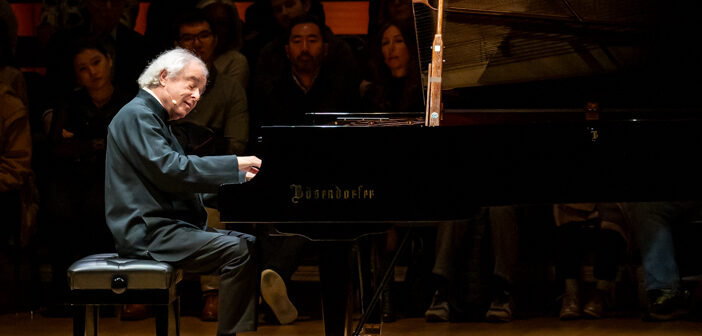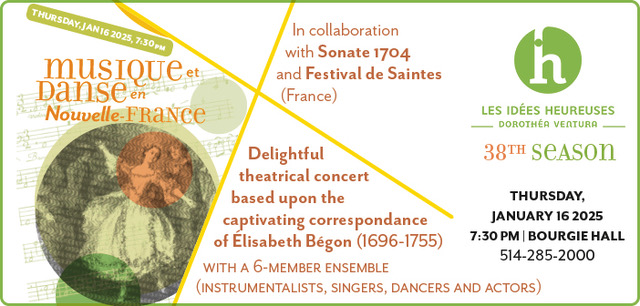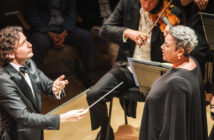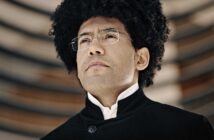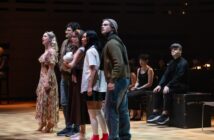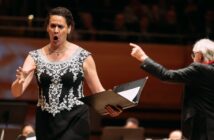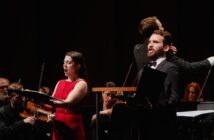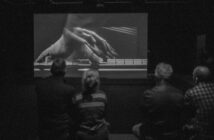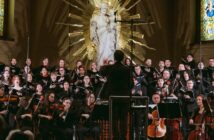I first met András Schiff in 1984. I was privileged to be the conductor when he came to play Mozart with the CJRT Orchestra at Massey Hall. At the time I was struck by his astounding musicality – he seemed to know everything and couldn’t stop talking about it – but also the ebullience of his personality and his great sense of humour.
It didn’t hurt that we both loved Chinese food too. And I couldn’t help but be reminded of a certain physical resemblance to the Mozart we see in his brother-in-law Joseph Lange’s unfinished portrait. We had a great time making music together, and András returned three years later for another Mozart concerto. Now, almost 60 years since that first encounter, Sir András Schiff was in Toronto for a recital at Koerner Hall. And it turned out to be among the most memorable concerts one could ever hope to hear.
Ticket buyers were probably surprised to learn that Schiff had not announced any program for this concert. They were told he would announce the program from the stage. And so he did with comments that were both witty and enlightening. By way of explanation, Schiff told the audience that concerts had become very predictable and needed to be refreshed. He added that he found it off-putting to see people in the audience reading program notes while he was playing the piano. It must be noted that there are very few classical artists who could fill a hall today without announcing a detailed program in advance. It is an indication of Sr András Schiff’s stature that there are plenty of people in Toronto prepared to buy a ticket to hear him play anything.
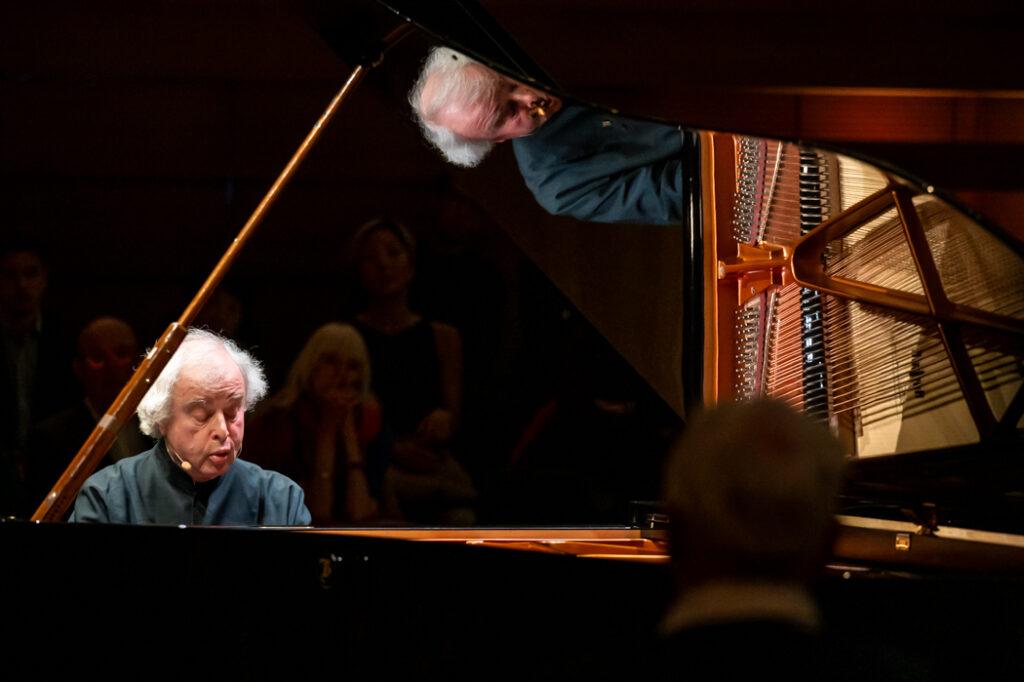
András Schiff (Photo courtesy of the Royal Conservatory/Korner Hall; Lisa Sakulensky)
Schiff began the afternoon by walking to the piano and, without comment, playing the opening Prelude and Fugue from Bach’s Well-Tempered Klavier. In recent years Schiff has devoted much of his time to the music of Bach, so it was not surprising to hear him say Bach was “the greatest composer of all times.” He proceeded to demonstrate why in wonderfully-crafted performances of the Capriccio on the Departure of a Beloved Brother and the Chromatic Fantasy and Fugue.
Schiff turned next to Haydn’s Variations in F minor after noting that Haydn is one of the most under-appreciated composers. His 1793 Variations are a remarkable and neglected masterpiece, and Schiff surely played it as the composer might have wished: with skill and affection. In his introductory comments to the piece, Schiff also confessed that in his youth he had been “stupid” and often criticized the proponents of historically informed performance. Only later did he come to appreciate what could be learned from playing the fortepiano and the clavichord. He now owns several such instruments himself.
Schiff closed the first half of the concert with a long, infrequently-played work by Robert Schumann: Davidsbündlertänze Op. 6. In his introduction, Schiff talked about how Schumann had created a League of David, essentially a group of his friends, to meet at a coffee house in Leipzig to talk about music. The members of the group saw themselves as ‘progressives’ in music as compared to the conservative ‘Philistines’ who they aligned themselves against. Schumann also invented two characters, Florestan and Eusebius, who represented two sides of his own personality. Florestan was the wild and impetuous side while Eusebius was the milder more poetic side of his nature. In Davidsbündlertänze, each of the dances or character pieces is ascribed by the composer to either Florestan or Eusebius – or both. It is delightful and multifaceted music that Schiff brought to life with appropriate vehemence and lyricism, but not before drawing our attention to its ending: twelve low Cs played softly and indicating the coming of midnight.
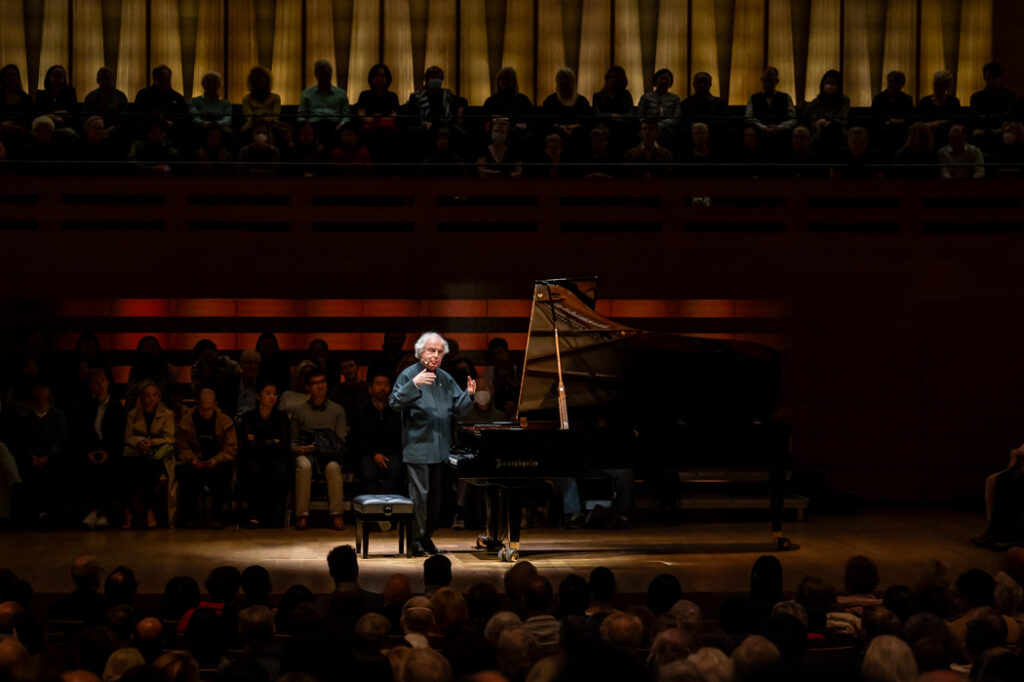
András Schiff (Photo courtesy of the Royal Conservatory/Korner Hall; Lisa Sakulensky)
After intermission came Mendelssohn’s Variations sérieuses Op. 54. Even though this piece was written as part of a campaign to raise funds for a bronze statue of Beethoven in Bonn, Schiff drew attention to the influence of Bach in the music, especially the famous Chaconne for solo violin. It was an interesting observation and helped illuminate the performance.
Finally, Schiff played Beethoven’s Piano Sonata No. 17 in D minor Op. 31 No. 2, “The Tempest.” Beethoven didn’t give the work its nickname, but one cannot help but be struck by its ferocious outbursts. On the other hand, as Schiff pointed out, it is the only Beethoven piano sonata in which each of the three movements begins and ends “pianissimo.” Before playing it, Schiff also discussed Beethoven’s unconventional use of the sustaining pedal in the opening bars. As we all know, Beethoven became increasingly deaf during the course of his life. Yet he had a remarkable sense of what a difference the pedal could make to artistically blur contrasting harmonies on the piano. Schiff took generally slow tempi in his performance, but made extensive use of rubato to fully reveal the inner life of the music.
For an encore Schiff offered Schubert’s Hungarian Melody. This was Sir András Schiff’s seventh appearance at Koerner Hall and I doubt that it will be his last. There are few artists who can play the classics from Bach to Brahms and Bartók with anything like comparable mastery. And fewer still who can speak about music from such a depth of knowledge and experience and with such an obvious love for communicating the joy of music.

